About Us
Scaling Nature-Based Solutions through Blended Finance
Eden: People+Planet partners with communities to develop verified carbon projects and nature-based solutions that generate long-term value for both people and planet. Through blended finance and 40-year commitments, we transform degraded landscapes into thriving ecosystems that sequester carbon, strengthen community resilience, and deliver verified environmental benefits to global carbon markets.
Our Vision
and Mission
Our mission and vision unite communities, investors, and carbon markets to create lasting environmental and social impact. Through blended finance and verified carbon credits, we forge 40-year commitments that align economic opportunity with ecological restoration. We believe transformative change happens when people and planet prosper together.
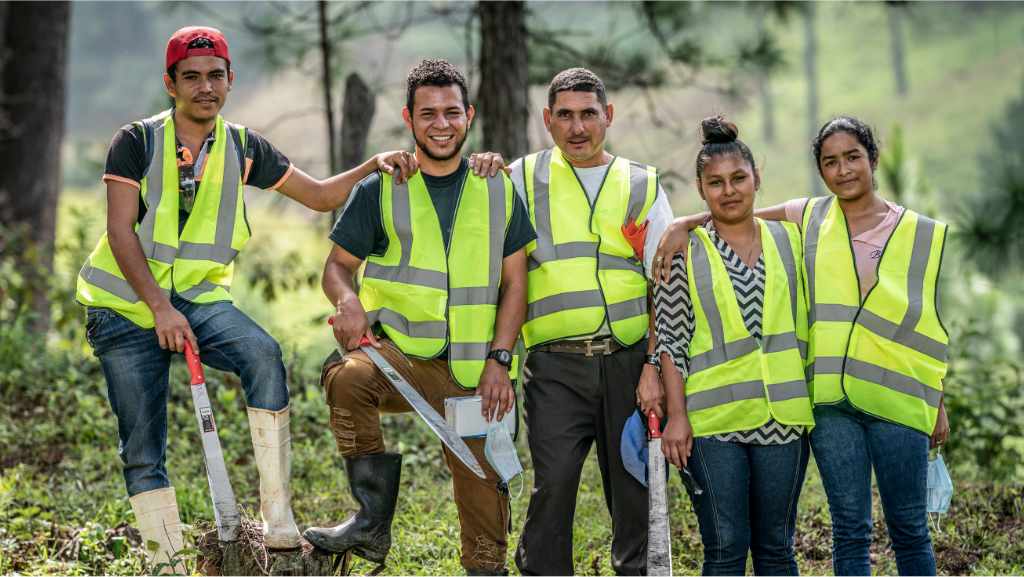
Our Vision
A world where sustainable investments drive community prosperity and landscape restoration at scale.
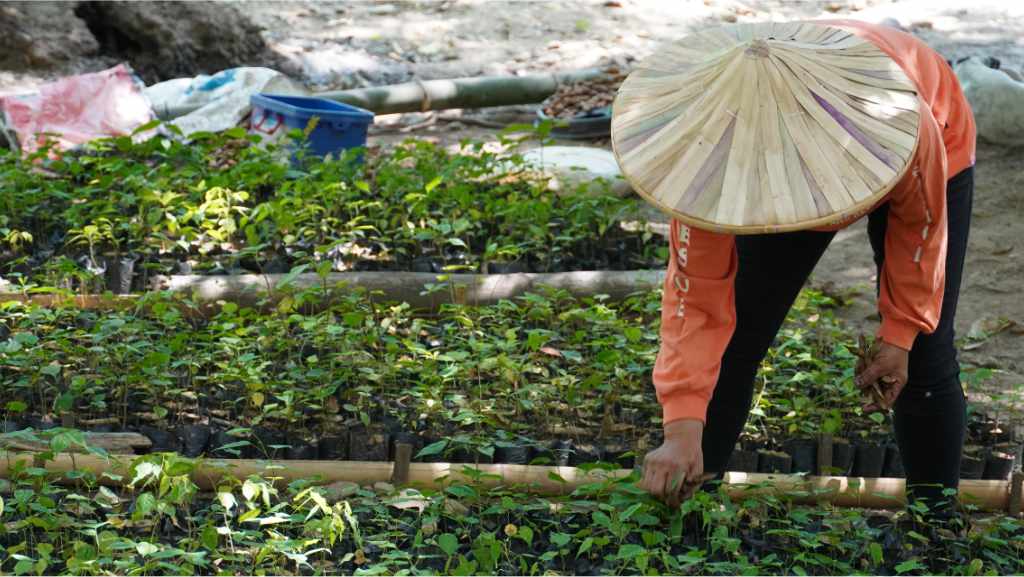
Our Mission
To accelerate landscape restoration and conservation through blended finance solutions that generate verified carbon credits while fostering 40-year partnerships between communities and their lands.
Our Values
Our core values guide how we structure long-term investments and partner with communities to create lasting environmental and social impact through carbon-eligible landscape solutions…
Trust + Collaboration
We work as a team, mobilizing blended finance and partnerships to achieve scale. We recognize that restoring carbon-eligible landscapes requires deep collaboration with communities, investors, carbon market experts, and stakeholders committed to 40-year outcomes.
Integrity + Openness
We do the right things by establishing transparent carbon credit verification and investment processes. We maintain rigorous standards in measuring, reporting, and verifying nature-based solutions while fostering ethical, long-term partnerships.
Learning + Growth
We embrace innovation in carbon markets and blended finance mechanisms. We commit to continuous improvement through scientific monitoring, carbon measurement protocols, and adaptation of approaches based on market evolution and verified impacts.
Empowerment + Impact
We create lasting value through innovative blended finance solutions and verified carbon credits. Our landscape restoration projects combine community benefits with long-term carbon sequestration commitments, ensuring sustainable positive impacts for both people and planet.
Our Evolution
Eden began in 2005 near Hawassa, Ethiopia, at the request of President Hailemariam Desalegn with an initial focus on community-based reforestation. Today, we’ve evolved into a global organization specializing in carbon-eligible landscape restoration, delivering verified nature-based solutions across multiple countries including Kenya, Mozambique, Tanzania, Zambia, Nepal, Honduras, and the Philippines through 40-year commitments.
In 2024, we rebranded from Eden Reforestation Projects to Eden: People+Planet to reflect our strategic evolution toward blended finance solutions and carbon-eligible landscape restoration. This transformation focuses on generating verified carbon credits through 40-year commitments to nature-based solutions that benefit both communities and the planet.
- Reformed operating procedures with stronger safeguards and policies
- Expanded technical capacity in landscape-scale restoration
- Adoption of science-backed, evidence-based methodologies
- Geographic consolidation strategy to maximize impact
- Long-term commitment model with 40-year timeframes for carbon projects and 15+ year commitments for philanthropic projects
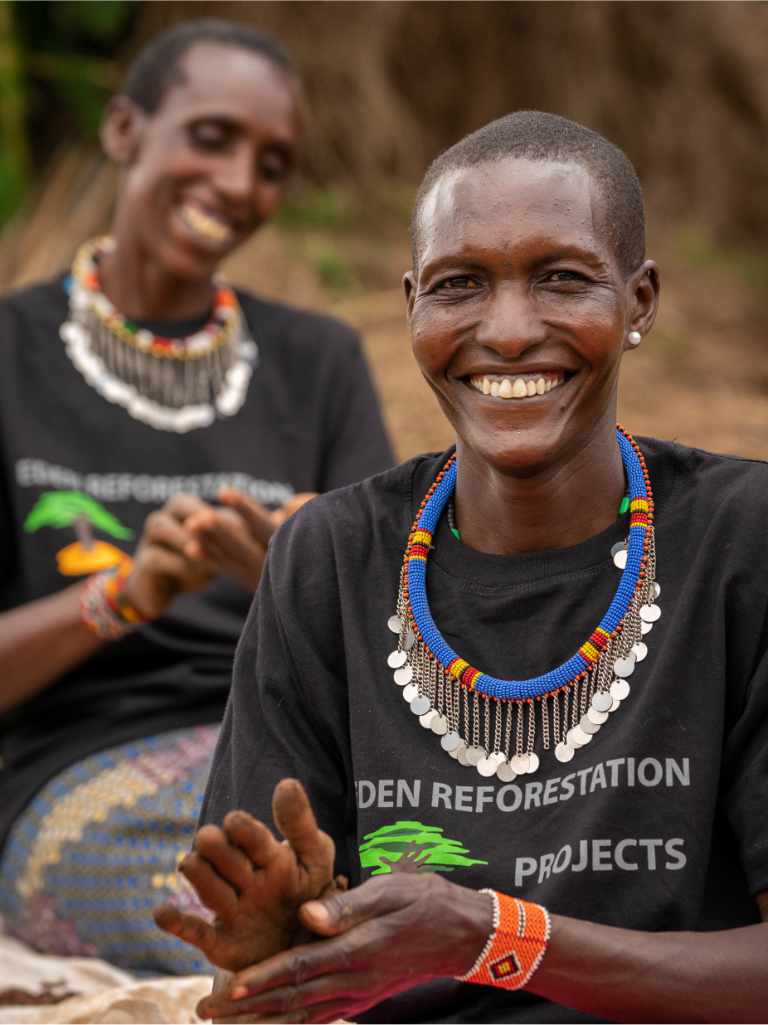

Our Team
Eden: People+Planet is led by a diverse team of experts with extensive experience in carbon markets, sustainable finance, landscape restoration, and community-driven conservation projects.
Our leadership team brings together expertise in blended finance, carbon markets, and landscape restoration:
- Bryan Adkins, CEO: Experienced natural resource executive with extensive background in nature-based solutions, ecosystem services, and carbon markets.
- Glen Prior, COO: 25 years of experience building economic engines and sustainable systems for mission-driven organizations.
- Jeff Arensen, Chief International Operating Officer: Over 20 years of experience in non-governmental organizations supporting community development across East and Southern Africa.
Supporting our executive leadership is a global team of carbon finance specialists, technical experts, and regional directors who partner with communities to implement long-term landscape restoration programs that generate verified carbon credits over 40-year commitments.
Our Approach
Eden has evolved into a leader in carbon-eligible landscape restoration through blended finance solutions. While ecological restoration remains core to our mission, we now structure projects for verified carbon credits and long-term conservation impact through 40-year commitments.
Key elements of our approach include:
Community-Centered Implementation
Working in partnership with local communities and investors to develop sustainable, carbon-verified landscape restoration projects that generate both environmental and financial returns
Comprehensive Landscape View
Developing carbon-eligible landscapes that deliver verified credits while supporting communities and biodiversity
Long-Term Commitment
Making 40-year commitments to ensure lasting impact through blended finance and carbon market mechanisms
Science-Based Methods
Implementing nature-based solutions validated by rigorous carbon measurement and verification protocols
Continuous Learning
Monitoring carbon credit verification, ecological outcomes, and adapting financial models based on results

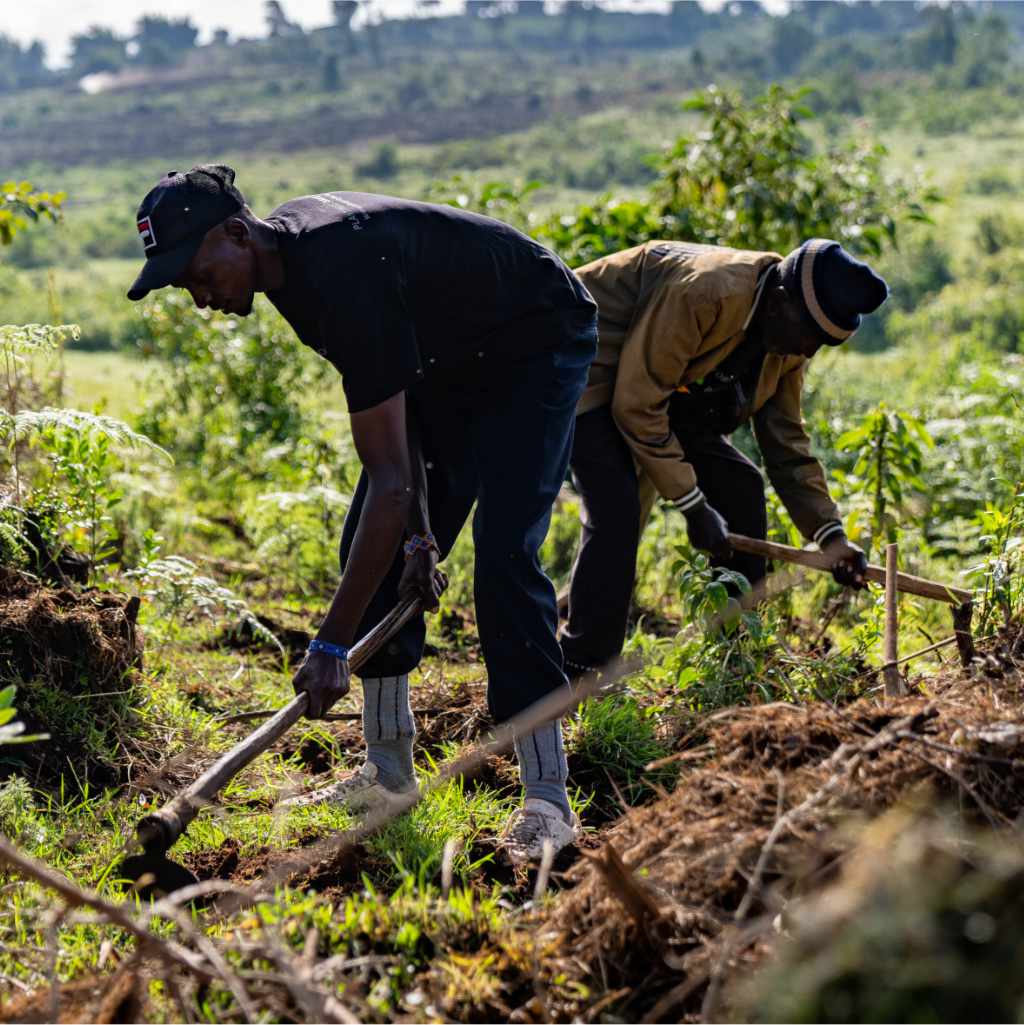
Our Impact
Since pivoting to blended finance and carbon-eligible landscapes, Eden: People+Planet delivers:
- Worked with communities to plant over 500 million trees
- Employed thousands of community members in restoration activities
- Expanded operations to multiple countries across Africa, Asia, and Latin America
- Developed comprehensive landscape restoration projects covering thousands of hectares
- Established Compassionate Carbon to develop large-scale carbon projects
Today, we’re focused on developing and implementing high-quality landscape restoration projects that generate verified carbon credits through blended finance solutions. Our approach combines private capital with philanthropic funding to create lasting environmental and social benefits over 40-year commitments. Our portfolio includes carbon-eligible landscapes like the Chimanimani Landscape Restoration Project in Mozambique, with additional projects under development across multiple countries.
Transparency and Accountability
As a 501(c)(3) nonprofit organization (Tax ID 95-4804581), Eden: People+Planet is committed to financial transparency and accountability in both our conservation outcomes and carbon credit verification. We maintain the Platinum Seal of Transparency from Candid and make our financial information publicly available.
Our innovative financing approach combines public support with carbon market revenues to scale impact:
- Program services: 70.7% of expenses
- Management and general: 22.9%
- Fundraising: 6.4%
We leverage blended finance and verified carbon credits through 40-year commitments to deliver lasting environmental and social returns.
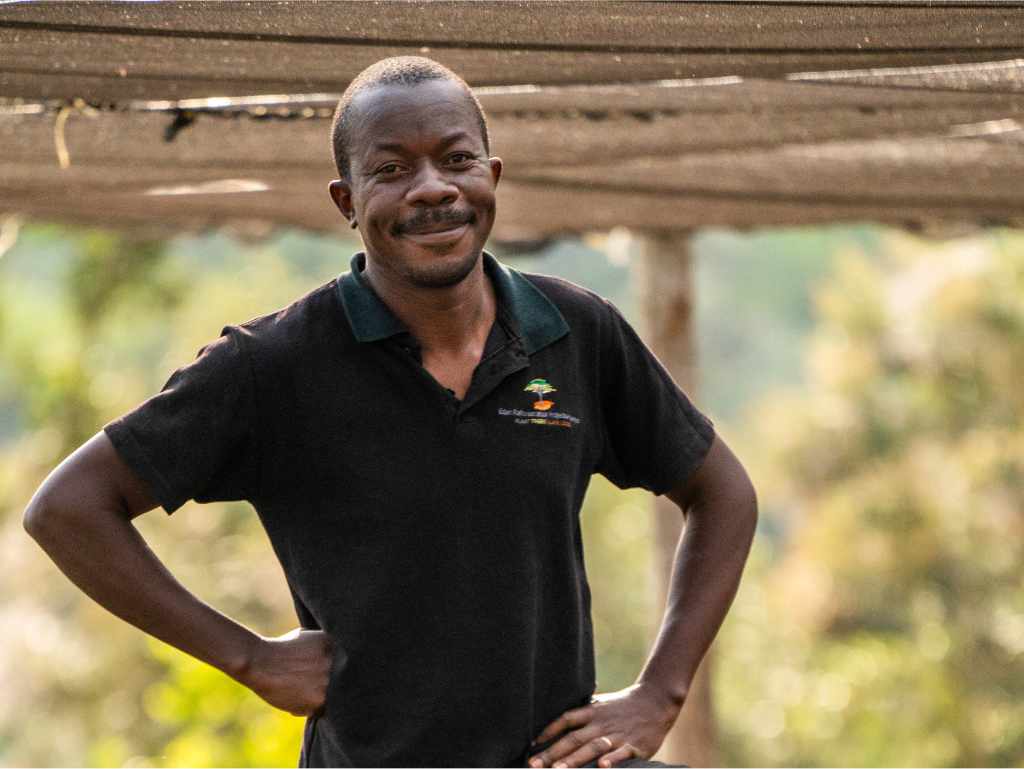
Join Our Climate Action Mission
There are multiple ways to invest in Eden’s landscape restoration and carbon market initiatives:
For Individuals
Join our blended finance programs to support long-term landscape restoration with verified carbon credits and 40-year commitments.
For Corporations
Partner with Eden to achieve your sustainability goals through nature-based solutions and carbon-eligible landscape investments.
For Foundations
Fund transformative landscape restoration through blended finance solutions and 40-year commitments to lasting change.
For Carbon Buyers
Invest in carbon-eligible landscapes that generate high-quality verified carbon credits while enhancing biodiversity and supporting sustainable community development.